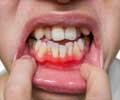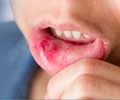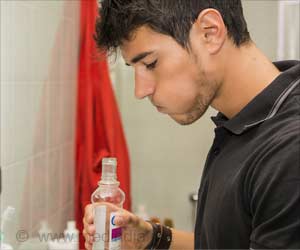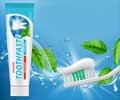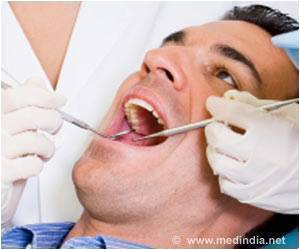Frequently Asked Questions
1.What is the purpose of using a mouthwash?Mouthwash, also known as mouth rinse, is an oral hygiene product designed to complement regular brushing and flossing. It helps to freshen breath, reduce plaque, fight bacteria, and promote overall oral health.
2. How often should I use a mouthwash?
The frequency of using a mouthwash depends on the type and purpose of the mouthwash. Generally, most dentists recommend using a mouthwash once or twice a day, usually after brushing and flossing. However, some specialized mouthwashes may have different usage instructions, so it's essential to read and follow the manufacturer's recommendations.
3. Can mouthwash replace regular brushing and flossing?
No, mouthwash is not a substitute for regular brushing and flossing. While it can be a beneficial addition to your oral care routine, it does not effectively remove food particles and plaque from the teeth and gums. Brushing and flossing remain essential components of good oral hygiene.
4. Can mouthwash help with gum disease?
Yes, certain types of mouthwashes, particularly antiseptic mouthwashes, can be effective in helping to manage gum disease. These mouthwashes contain antibacterial agents that can reduce the bacteria that contribute to gingivitis and periodontal disease. However, it's important to note that while mouthwash can be a helpful addition to your oral care routine, it should not be the sole treatment for gum disease. Regular dental check-ups and professional cleanings are also essential.
5. Is it safe to swallow mouthwash?
It is generally recommended not to swallow mouthwash, especially those containing high levels of alcohol. Swallowing large amounts of mouthwash can be harmful and may lead to intoxication, digestive upset, or other health issues. If accidental ingestion occurs, it's important to seek medical attention, especially for children.
6. Can mouthwash help with bad breath (halitosis)?
Yes, mouthwash is a common tool for combating bad breath. It can temporarily mask odors and kill bacteria that contribute to foul-smelling breath. However, it's important to note that chronic bad breath may be a sign of an underlying oral health issue or other medical condition. It's advisable to consult a dentist or healthcare provider if bad breath persists.


